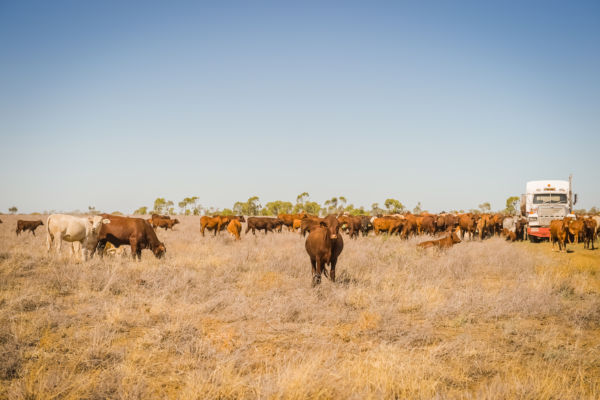Penrith Panthers supporting Western Buy a Bale campaign with $100,000 donation

HELP: The vital injection is equivalent to about 900 round bales of hay. Photo: FILE
Penrith Panthers is leading the charge to help drought-stricken western NSW farmers survive unprecedented conditions.
The club will give $100,000 to the Buy A Bale Western NSW campaign – a partnership between Fairfax Media,Macquarie Radio and charity Buy A Bale – in Sydney on Friday.
The vital injection is equivalent to about 900 round bales of hay.
But the club isn’t stopping there.
Panthers general manager Phil Gould will make another drought-support announcement on Channel 9 on Thursday.
It comes after Woolworths pledged its support for farmers with a $1.5 million donation to the overall Buy A Bale campaign.
The supermarket giant has put $1.2 million of this towards buying hay, water and groceries for struggling farming families.
The remaining $300,000 will fund two extra counsellors in Rural Aid’s mental health program, the first face-to-face farmer counselling service in NSW.
Rural Aid CEO and Buy A Bale founder Charles Alder said more than 70 farmers were registering for assistance across the state every week and he expected that number to rise as conditions became worse.
Truck loads of hay have been arriving at farms across western NSW since the campaign started in June.
“Every donation, no matter how big or small, helps to provide some relief to our farmers,” he said.
You can donate or register for assistance at buyabale.com.au
Source: Western Advocate





